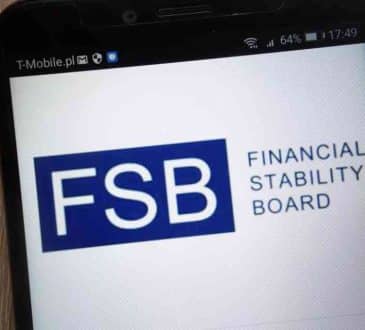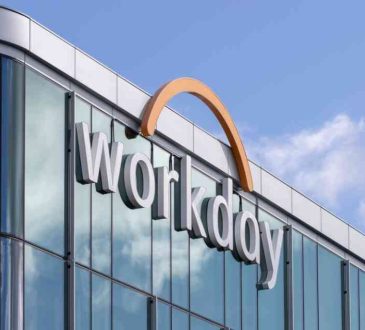Being Human

I have been to hundreds of CEO and executive peer advisory group meetings over the past ten years. Of course, from March 2020 to date, 95% of these meetings have been conducted virtually. Regardless of the venue or platform, these gatherings start with a similar exercise -commonly referred to as the check-in. For as many times as I’ve participated in this familiar ritual, there was something about the check-in at a recent Vistage group meeting, for which I was delivering a workshop, that struck me to the core.
The Vistage Chair leading the group asked everyone to pick one word that described how they were feeling and share it with their fellow members. I heard everything from energized and optimistic to frustrated and sad. As each member offered a brief description of what was happening in their life that made them feel the way they did that morning, I found it particularly powerful for two reasons.
- Each member had an opportunity to express how they felt and be honestly heard by people who cared about them. A palpable closeness existed – unphased by whether the members were in the room or on a Zoom.
- It set a tone that created a context of understanding for the rest of the meeting. Without having checked-in, fellow members would have been left to wonder, “What’s bugging Rick today?” or “Why does Martha seem so down?” It also offered the chance for additional follow-up to determine whether any members could help with whatever was bothering their colleague.
It was a stark reminder that, as former Vistage member Jerry Schneider recently shared with me, it isn’t just about coming to the meeting and showing up as a human being; it’s about being human and understanding its value to everyone present.
Caring Enough to Ask
Most people don’t typically walk into any meeting and voluntarily express their current mood to everyone. And all too often, nobody asks – at least not really. Someone might ask you, “how are you doing?” but they’re not particularly interested in anything more than a polite, affirmative response. When we don’t ask, we don’t know, and when we don’t know, then part of what being human means is we make assumptions.
When we don’t know someone else’s story, we presumptuously fill-in the blanks ourselves. When we don’t know the story, we create our own because most of us can’t tolerate information gaps. Think about it. Try to recall a time when someone was supposed to meet you and didn’t show up or didn’t call or text you. The longer you waited, the more likely you started concocting why, assigning false motives, and even taking it as a personal offense – only to learn later that the person’s son or daughter got into an accident and had to be rushed to the hospital. Even if you didn’t have the opportunity to put your foot in your mouth with the colleague who was scheduled to meet you, it’s hard not to feel like an idiot once you learn the real story. It may be a good reminder about not making assumptions, but it won’t be long for another situation to arise that will cause you to repeat your behavior. Imagine if you just had the patience to ask.
Start Meetings by Asking, “How Are You Doing?”
To their credit, more CEOs today (post-coronavirus outbreak) are starting meetings by asking everyone how they are doing. Imagine the difference between that approach versus starting off by asking whether an employee or group of employees hit their numbers. Think about it – starting a meeting with other human beings by being human—what a concept. You can get to the numbers later.
It’s simple, and it benefits everyone. As a leader, I can’t tell you the number of times during my career that I was agitated by someone’s behavior without having a clue about what was going on in their lives and not being concerned enough to ask. I am embarrassed about it today. All I can control, however, is what I do tomorrow. We should all make this our goal.
How This COVID Period Has Helped
The great irony for me is that for fellow employees to see each other as more than co-workers, it took pulling them out of the office to make that happen at scale. To bring them together, we pulled them apart – at least COVID did. Employees today invite each other into their homes – into their rooms through Zoom. As a result, they are more in-tune with each other’s individual and shared struggles and are more collaborative and cooperative than ever before.
If there is one practice we should adopt regardless of how and where we all engage one another at work in the future, we should be human and check-in. Take one another’s temperature if you will, and by doing so, we will foster greater understanding and cooperation for years to come.
Have you read?
Most (And Least) Religious Countries.
Best Countries For Adventure Tourism.
Best Countries For Women.
Best Countries To Visit In Your Lifetime.
Add CEOWORLD magazine to your Google News feed.
Follow CEOWORLD magazine headlines on: Google News, LinkedIn, Twitter, and Facebook.
Copyright 2024 The CEOWORLD magazine. All rights reserved. This material (and any extract from it) must not be copied, redistributed or placed on any website, without CEOWORLD magazine' prior written consent. For media queries, please contact: info@ceoworld.biz








